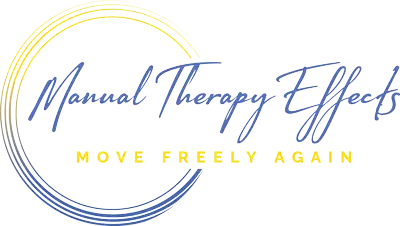When it comes to feeling stiff or hurt, most people assume that they need to work on moving the part of their body that feels tight. Conventional wisdom suggests that if something is tight, it needs to be stretched. This is called working on your “flexibility or mobility”. And while this may sound like the best thing to do, it may not always work out in your favor.
There is always a reason behind why your body is tight. While it may be because you haven’t stretched in a while, there is an alternative explanation. Sometimes your body is stiff because it is trying to protect a single area from too much movement, the result of which might cause damage to a muscle or joint. In this case, stretching and working on mobility is going to make the problem worse. Basically, in order to relief the pain, the root cause of the problem needs to be addressed prior to the stretching process. While sometimes stretching may be the answer, in other cases it might make your problem worse.
The truth is, you might be surprised to know that the area in need of strengthening exercises may not even be the part of your body that hurts! That’s right. The body has so many complex mechanisms, and its workings are often so interlinked, that it’s frequently pain is experienced in completely unexpected places. Pain signals travel in bizarre ways – speed, cause, and other variables affect this – and that is why it is often necessary to strengthen surprising parts of the body on the journey to recovery.
Think about some of the patients we often get in our clinic; we call them “weekend warriors”, such as the guy who enjoys throwing baseballs with his son on the weekend. Though he isn’t a pro athlete, family time is important to him and he enjoys a fair amount of activity. One weekend, however, his shoulder starts to hurt after just a couple of throws, and no matter how he moves it, positions his neck, or even how gently he tosses the ball, there isn’t any noticeable difference in his pain.
His initial reaction is one that all of us might turn to: stretching. The only thing is, as he stretches and tugs at the muscle, the pain doesn’t go away and – to his shock – throwing the ball actually becomes MORE painful! I can’t tell you how many patients visit us weekly because of debilitating shoulder pain: so much of that pain could have been avoided had stretching not been his/her instinctual reaction.
So why did stretching make his shoulder pain worse? As he was stretching the muscles the problem area got increasingly inflamed and hurt. Essentially, his shoulder was practically seizing up and he was desperately trying to loosen the stiffness. Remember, though, the tightened, aching muscles are the RESULT of a root problem – they are trying their best to protect the part of the body that is damaged. Stretching them only makes the area affected more vulnerable and prone to damage.
The best action in this situation is to see a physical therapist . With a dedicated, professional PT our ‘weekend warrior’ will discover the right exercises for his shoulder, allowing his problem area to heal and give him the best shot at not having to deal with this problem in the future.
But, of course, this doesn’t apply to just dads playing catch with their sons on the weekend. It could be the mom going grocery shopping, picking up the toddler, mowing the lawn, or washing dishes. Dad could be throwing out the trash or cleaning the yard: the same advice holds true. Before stretching, make sure you know what the root cause of the problem is. Don’t risk aggravating the issue, and thereby, doubling your recovery time. We want you back on your feet ASAP.
At this point, the questions really is, “how do you know if you need strengthening or increased mobility once you’re hurt”? Well, we here at Manual Therapy Effects can help you figure it all out. One of our dedicated, professional, and friendly PT’s will gladly chat to you about the safest, most effective route to healing your pain.
Do you have questions about stretching or strengthening painful areas? We are always available for FREE phone consultations. Click here to schedule a time for us to call you, or just give us a call at (703) 650-8824. We look forward to chatting and helping you on your journey to health!
